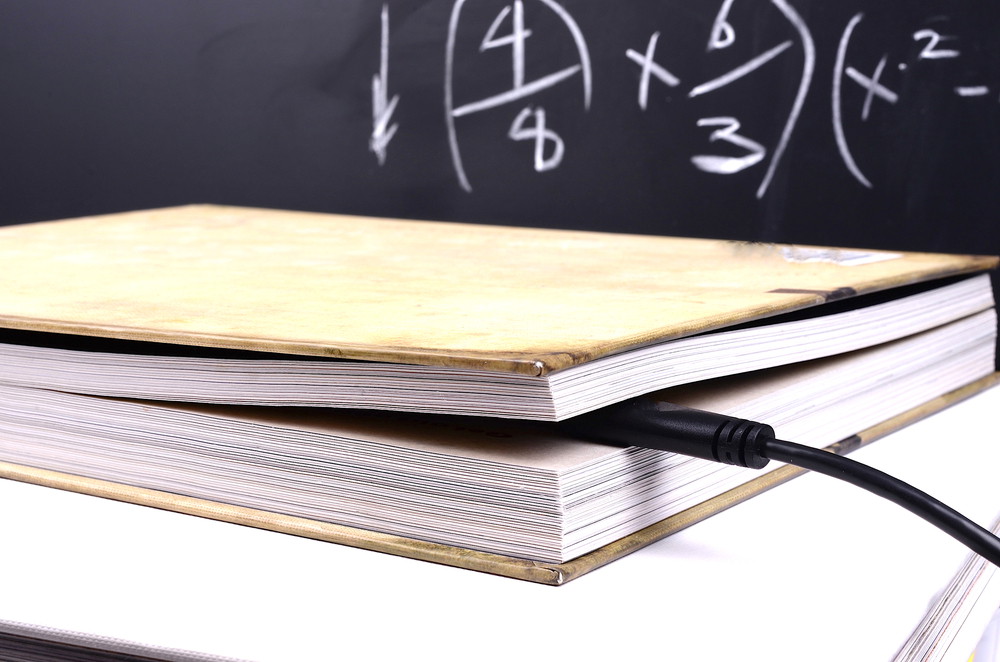One thing that the teachers should be careful about is that the use of audio-visual aids in the classroom should help them achieve their curriculum objectives. Relying too much on technology, or using it thoughtlessly, might make it difficult for them to achieve their intended learning outcomes. It is because used in this manner. These devices will act as a distraction. It might also damage the valuable relationship between the teacher and students, doing more harm than good. Teachers should understand that audio-visual tools are there to assist them, not to take their place. Let’s now discuss the role that audio-visual aids can play in the modern classroom.
Audio-Visual Aids within the Modern Classroom
Auditory learners
Auditory learners are the people who concentrate more on the spoken word, instead of the written word. For these students, teachers can make use of taped recordings of lectures. Instead of reading from a textbook, auditory learners can benefit if they are provided with computers having speech-recognition devices. Teachers can use microphones while giving lectures for students who have hearing disabilities.
Visual learners
In the past, teachers would use slide projectors in classrooms. PowerPoint presentations have now replaced that. But the purpose of both is the same. Students who are visual learners will gain a better understanding of various concepts when they are explained through the use of graphic portrayals – like charts, diagrams, and illustrations. Such students’ learning outcomes can be greatly augmented if teachers find visual supplements to be used during the lectures.
Incorporating movie clips
If the teachers choose to integrate instructional videos in their lectures, it would not only facilitate the learning process but would also make it fun. Teachers can download video clips from the web and embed them in a PowerPoint presentation if the Internet facility is not available in the classroom. Before watching the video, teachers should explain what the students should be looking for in the video. After watching it, teachers should discuss the video with the students to make sure that the students understood the purpose of the video.
